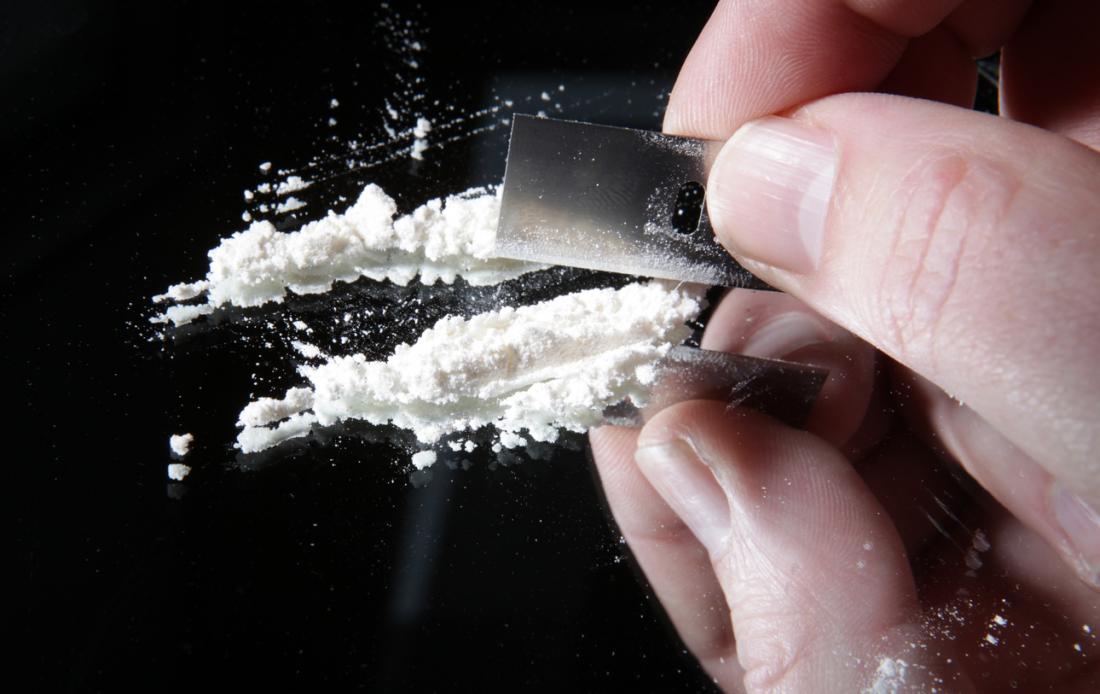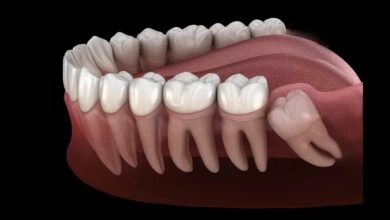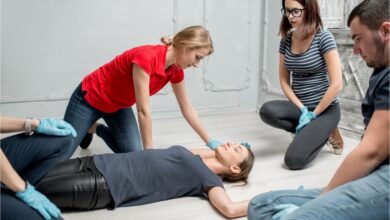What May Happen After You Use Cocaine Once?

The use of cocaine in medicine is not new. Before anesthesia was created, doctors used it to treat pain. Cocaine is currently listed as Schedule II stimulant by the DEA (Drug Enforcement Administration).
This indicates that using cocaine recreationally is prohibited in the US. A momentary feeling of extreme excitement may be produced by cocaine. But the short-term benefits are outweighed by the potential risks of utilizing it.
If you or any of you or your near and dear one is found to be cocaine addicted then you can take him or her to Detox to Rehab which is a well-known drug rehab Hawaii.
What Cocaine Will Do?
Everyone maybe affected by cocaine differently. While some claim to experience extreme bliss, others claim to experience anxiety, discomfort, and hallucinations.
Coca leaf, the primary component of cocaine, is a certain stimulant, which can affect your central nervous system. Dopamine accumulates in the body as a result of cocaine consumption. Dopamine is a certain neurotransmitter associated with pleasure and reward.
The main factor contributing to cocaine’s abuse potential is the dopamine accumulation. The brain’s neurochemistry is altered as a result of the body’s potential need to satiate the newly discovered hunger with this dopamine reward, which might result in a regular substance use disorder.
What Can Happen In Case You Only Try Cocaine Once?
Our central nervous system is affected by cocaine, which may lead to a wide range of adverse effects. Following are the negative effects of a first cocaine use:
- Abdominal pain
- Abnormal heart rhythms
- Bloody nose
- Chest pain
- Diarrhea
- Dilated pupils
- Dizziness
- Extremely low BP
- Inability to maintain an erection
- Insomnia
- Muscle spasms
- Nausea
- Paranoia
- Restlessness or anxiety
- Stiffness in the spine or back
- Tremors
- Trouble breathing
Rarely, cocaine usage can also cause unexpected death after the initial use. It frequently results after cardiac arrest or convulsions.



